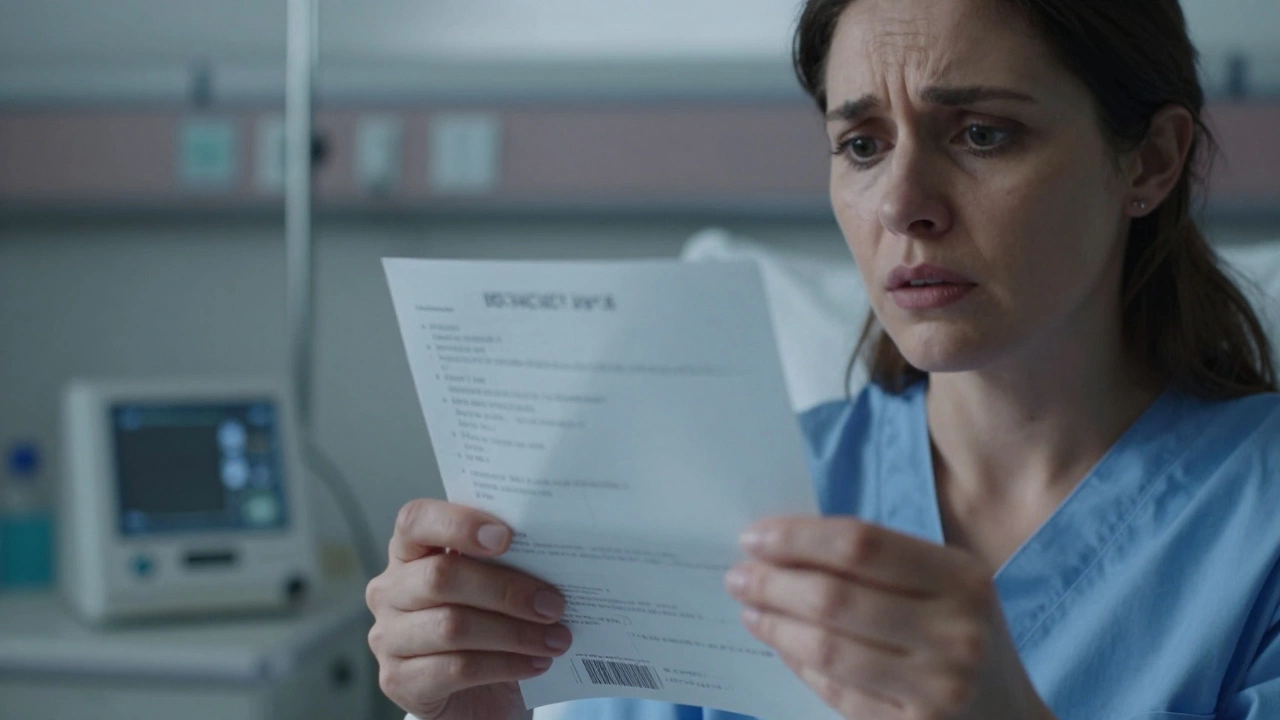Medical Debt – Simple Ways to Handle Your Health Bills
Medical debt can feel like a heavy weight, especially when you’re already worrying about your health. The good news is that you don’t have to drown in bills. With a few clear steps you can cut down what you owe, set up manageable payments, and even find free help.
Why Medical Debt Happens
Most people get a medical bill because they use private clinics, pay for treatments not covered by the NHS, or simply don’t understand the charges. A surprise invoice after a scan or a surgery can quickly add up. In the UK, private healthcare prices are often higher than NHS rates, and insurance may not cover everything. Mistakes in billing are common too – you might be charged for a service you never received.
Practical Steps to Lower or Remove Bills
First, ask for a detailed breakdown. Hospitals and clinics must give you an itemised statement, and it helps you spot errors. If you see a charge you don’t recognize, call the billing office right away and ask for clarification.
Second, negotiate. Explain your situation and ask if they can reduce the amount, waive fees, or offer a discount for paying in cash. Many providers are willing to lower the total if you show genuine financial strain.
Third, set up a payment plan. Instead of a lump‑sum payment, ask for monthly installments that fit your budget. Most clinics will agree as long as you stick to the schedule.
Fourth, check if you qualify for charity or government assistance. In the UK, charities like Health Diversity and local council schemes can help cover part of the cost for low‑income families.
Fifth, use a medical debt negotiator or a debt‑relief service. Some organisations specialise in negotiating lower settlements with healthcare providers. Look for reputable firms with clear fee structures.
Sixth, review your insurance policy. Even if you think you’re covered, there may be clauses for partial reimbursement. File a claim and keep all receipts; insurers often reimburse after you pay the bill.
Seventh, consider a health savings account (HSA) or a dedicated savings plan for future medical expenses. Putting a small amount aside each month can protect you from large bills down the line.
Lastly, stay organized. Keep all medical invoices, insurance statements, and correspondence in one folder. When you have everything documented, it’s easier to spot discrepancies and present a strong case for negotiation.
Dealing with medical debt doesn’t have to be a solo battle. Talk to a trusted friend, family member, or a financial adviser for moral support and extra ideas. The sooner you act, the more options you’ll have, and the less stress you’ll feel.
Remember, most providers want to help you pay, not to keep the money forever. By being proactive, asking questions, and using the resources available in the UK, you can turn a scary bill into a manageable plan.
Private Healthcare Disadvantages in New Zealand: Hidden Costs and Risks
Discover the hidden risks of private healthcare in New Zealand, from unexpected medical bills to insurance gaps. Learn how these costs affect real families and why public healthcare might be the safer choice for most.
Read More
Can't Afford Healthcare in America? What Happens and How to Get Care (2025 Guide)
Can’t afford care in the U.S.? Learn what actually happens, your ER rights, where to get low-cost treatment, Medicaid options, and how to cut or fight medical bills.
Read More

